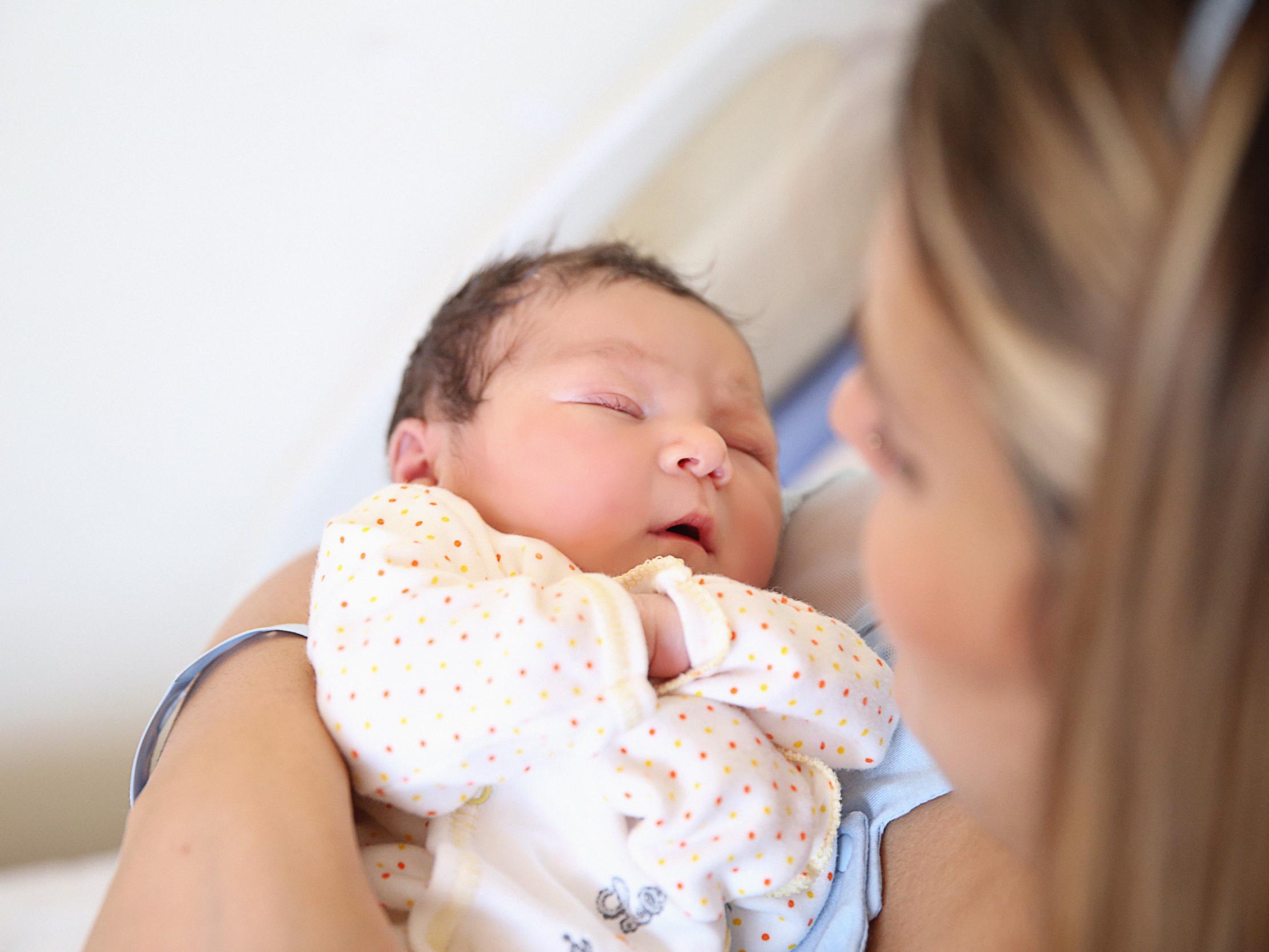Babies born by Caesarean ‘one third more likely to develop autism’, study finds
C-section linked to greater chance of autism spectrum disorder and ADHD in new research, but other scientists brand findings 'significantly flawed'

Your support helps us to tell the story
From reproductive rights to climate change to Big Tech, The Independent is on the ground when the story is developing. Whether it's investigating the financials of Elon Musk's pro-Trump PAC or producing our latest documentary, 'The A Word', which shines a light on the American women fighting for reproductive rights, we know how important it is to parse out the facts from the messaging.
At such a critical moment in US history, we need reporters on the ground. Your donation allows us to keep sending journalists to speak to both sides of the story.
The Independent is trusted by Americans across the entire political spectrum. And unlike many other quality news outlets, we choose not to lock Americans out of our reporting and analysis with paywalls. We believe quality journalism should be available to everyone, paid for by those who can afford it.
Your support makes all the difference.Babies born by Caesarean section are 33 per cent more likely to be diagnosed with autism spectrum disorder, according to a study which considered 20 million births.
The findings, which combined 61 studies from 19 countries dating back to 1999, also said children delivered by Caesarean had a 17 per cent higher chance of developing attention deficit/hyperactivity disorder (ADHD).
"Birth by cesarean delivery was significantly associated with autism spectrum disorder and attention-deficit/hyperactivity disorder," said the authors from Sweden's Karolinska Institutet and Australia.
But the study did not prove planned or emergency Caesarean births directly cause such conditions.
The study's authors said that factors which lead to an operation, including an older mother or the risk of premature birth, could potentially explain the link.
Scientists not directly involved with the study told The Daily Telegraph that the findings were "significantly flawed".
Dr Pat O'Brien, from the Royal College of Obstetricians and Gynaecologists, told the paper: "This systematic review and meta-analysis shows an association between caesarean birth and autism and ADHD, but a number of underlying factors which may have led to the development of these conditions were not accounted for.
"Therefore, the findings of this paper do not show that caesarean birth leads to autism and ADHD."
Dr O'Brien backed the study's authors in calling for further research to explain the link.
Press Association
Join our commenting forum
Join thought-provoking conversations, follow other Independent readers and see their replies
Comments